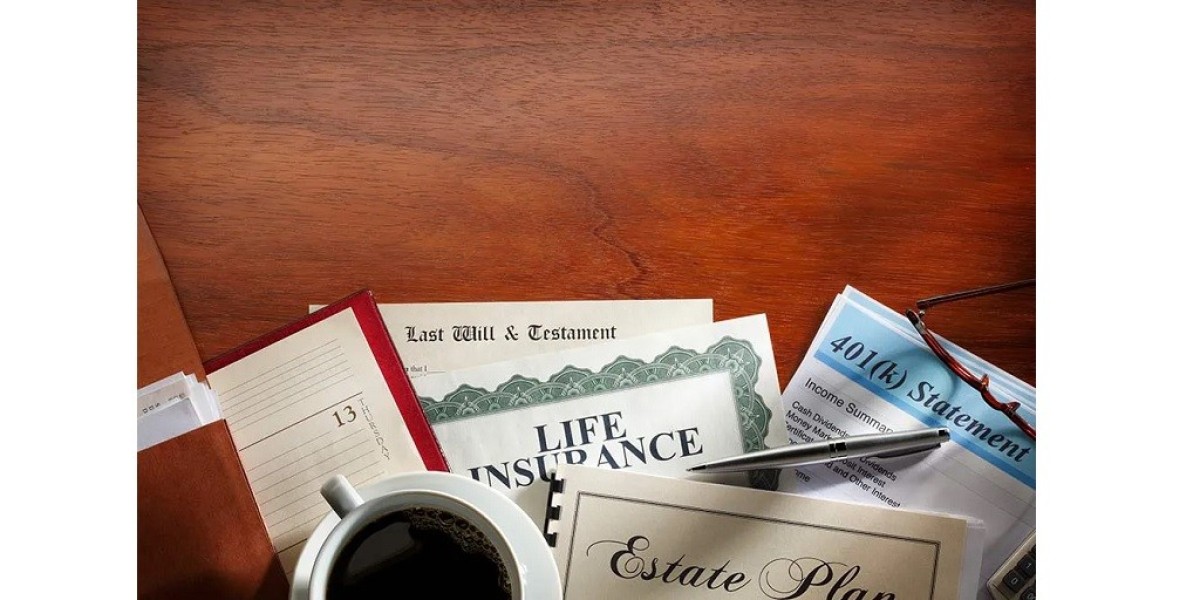Passing of a family member, relative or close friend can be a heart-wrenching experience. At some point in our life, we may come across a situation to deal with the deceased estate. It is highly useful to know the basics of deceased estate to be able to handle such a situation effectively and easily.
What is deceased estate?
The term Deceased Estate refers to the assets and liabilities of the deceased person. Here assets refer to the property and belongings that have monetary value like a house, shares, car, and investments.
In many cases, the deceased persons have left instructions in the form of will to guide what must happen with the estate. The persons who will inherit the estate of the deceased person are known as the beneficiaries.
The contents of a deceased estate include the complete suite of assets, debts and liabilities that the person has left back upon their death.
The components of assets can be bank accounts, life insurance and superannuation policies, shares, real estate like retirement village lease or nursing home bond, and personal possessions like jewelry and furniture.
Liabilities can consist of credit cards, mortgages, and personal loans. Generally, liabilities are paid out from the estate assets of the deceased person before they are distributed among the beneficiaries.
About the management of deceased estate
The responsibility of administering the deceased estate lies with the legally appointed personal representative of the deceased person, who is officially called as the administrator or executor. If the deceased person has already decided who will be entrusted with this responsibility, the name of the administrator or executor is most likely to figure in the will the deceased person made while being alive. It is the responsibility of the administrator or executor to ensure that the wishes of the deceased person are carried out.
Some important responsibilities of the administrator
Some of the core responsibilities of the administrator include funeral arrangement, getting the death certificate, applying for the probate of letters of administration, paying the taxes and debts of the deceased person as per the states regulations, informing the taxing body and the other government bodies about the death of the person, and overseeing the distribution of the assets of the deceased among the beneficiaries according to the instructions pronounced in the will.
Take away
Dealing with deceased estate can be a cumbersome task. While the administrator may not have the clear route to move forward, probate lawyers can provide a handheld assistance in dealing with the situation.








